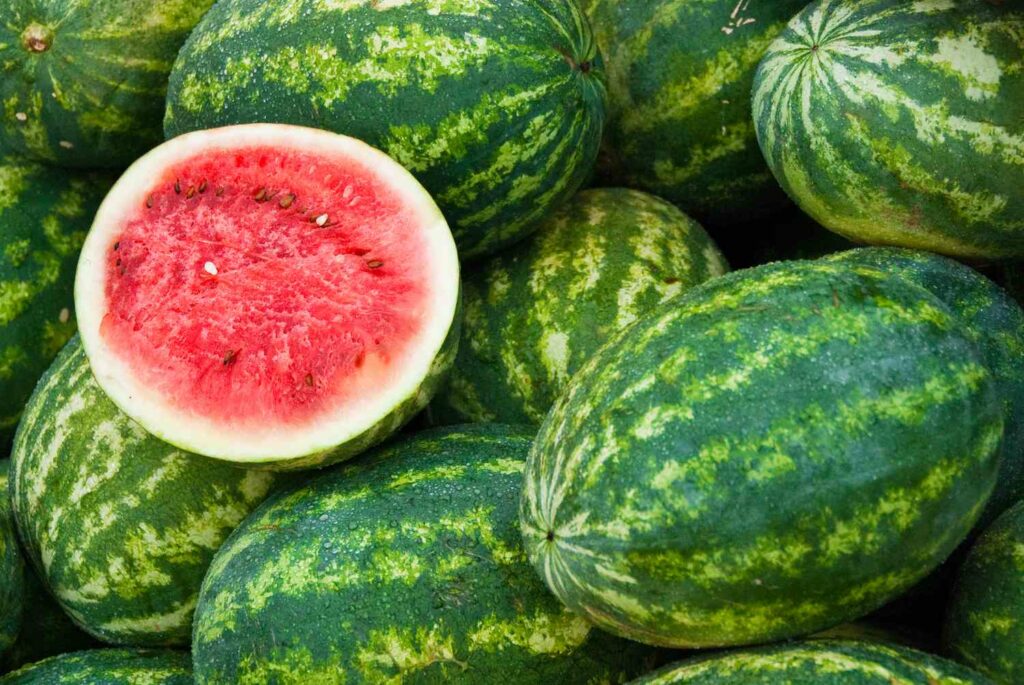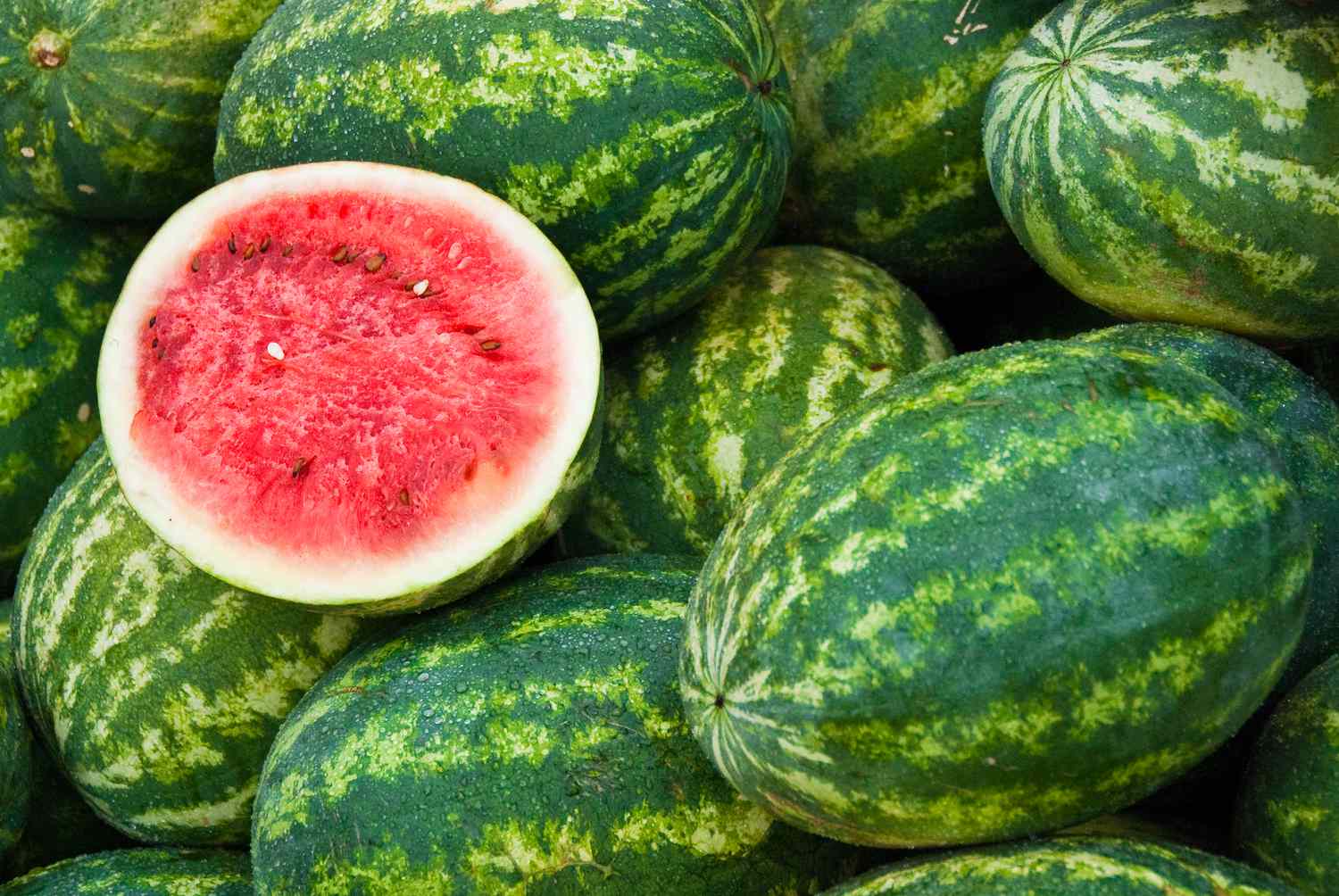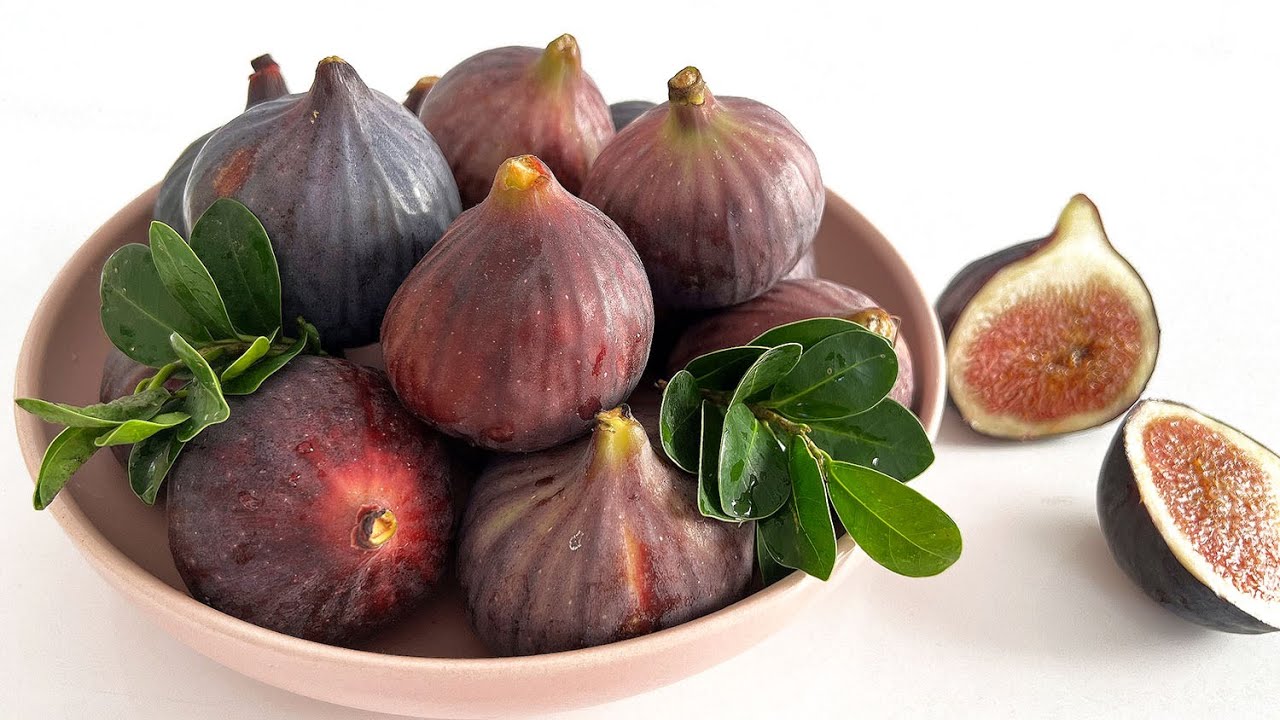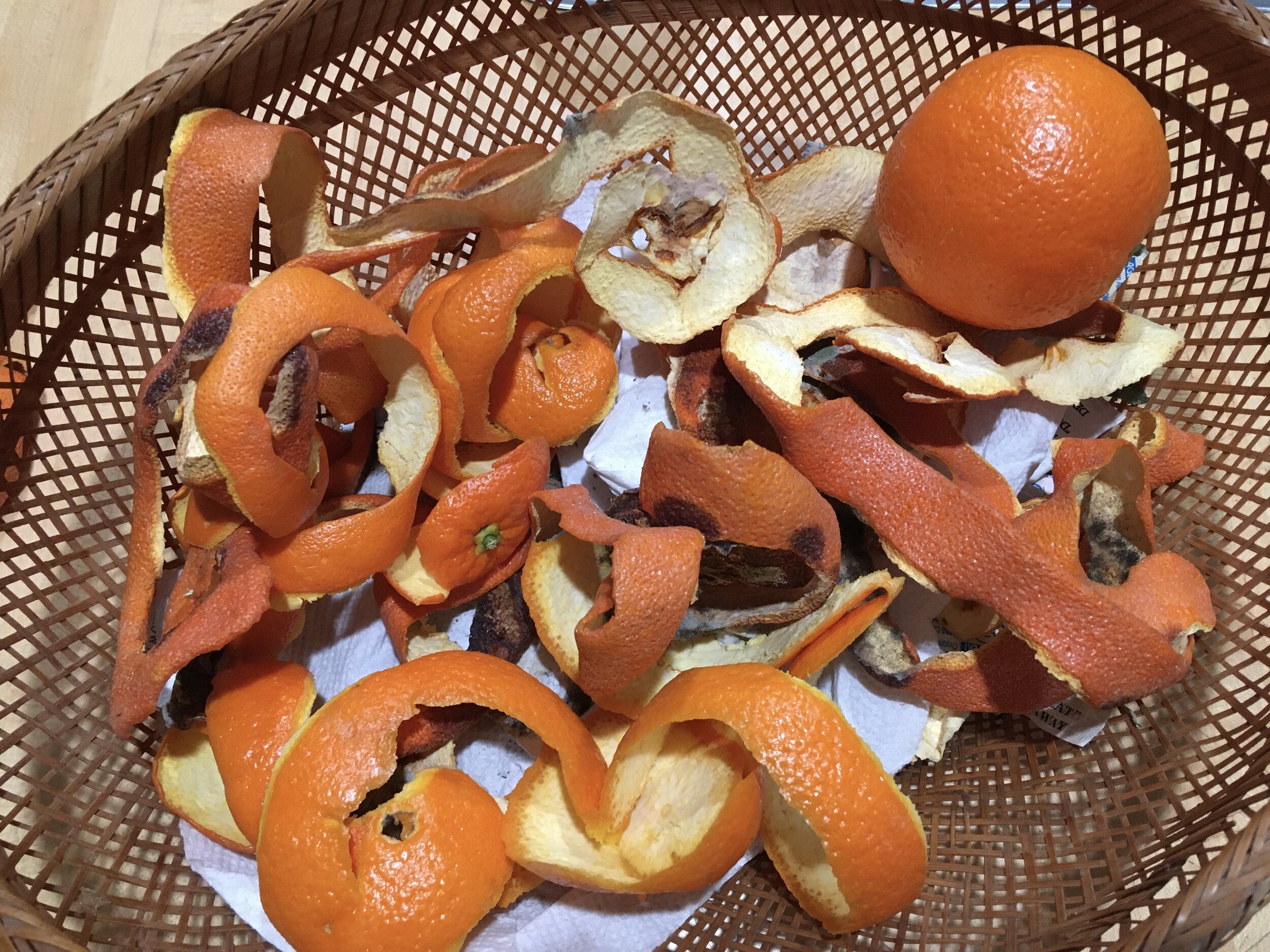
It’s important to address health claims critically, especially when they involve common foods like watermelon. Claims that eating watermelon in certain ways can cause cancer or memory loss are not supported by credible scientific evidence. Watermelon is generally considered a healthy fruit rich in vitamins, antioxidants, and hydrating properties. However, it’s essential to consume any food in moderation. Here’s a factual breakdown and some tips on enjoying watermelon healthily:
Unfounded Claims and Real Facts
Cancer and Memory Loss Claims:
-
There is no scientific evidence that links eating watermelon to causing cancer or memory loss. On the contrary, watermelon contains beneficial compounds such as lycopene, an antioxidant known for its potential role in cancer prevention.
Possible Concerns:
-
Overconsumption of any food, including watermelon, can lead to gastrointestinal discomfort due to its high water and fiber content.
-
Watermelon is high in natural sugars, and excessive intake might be a concern for people with certain health conditions like diabetes, though it has a low glycemic index.
Healthy Ways to Enjoy Watermelon
Moderation is Key:
-
Enjoy watermelon in moderation as part of a balanced diet to avoid consuming excessive sugars and calories.
Pairing with Other Foods:
-
Combine watermelon with other healthy foods to balance your nutrient intake. For example, pair it with a source of healthy fat or protein, like a handful of nuts or a piece of cheese, to balance the absorption of sugars.
Proper Storage and Handling:
-
Store watermelon properly and wash both the fruit and your hands before slicing to avoid the transfer of any bacteria from the rind to the flesh.
Addressing Misinformation
Check the Source:
-
Always check the credibility of health claims. Look for information from reputable health sources or consult a healthcare provider.
Beware of Alarmist Language:
-
Headlines or claims that use alarmist language to describe common foods or diets should be approached with skepticism. Research and evidence are key to understanding the true health impacts of foods.
Conclusion
Watermelon is a nutritious and hydrating fruit that can be a beneficial addition to your diet. It is rich in vitamins A and C, as well as antioxidants, which contribute to overall health, not cancer or memory loss. When enjoying watermelon or any food, the best practice is moderation and a balanced dietary approach. Always consider the broader context of your overall diet rather than fearing specific foods based on unfounded claims.





